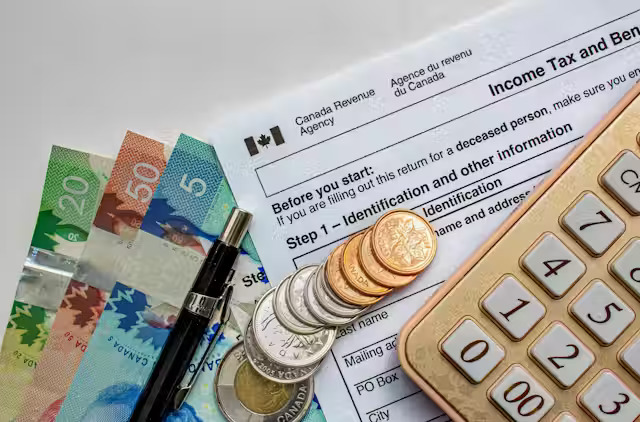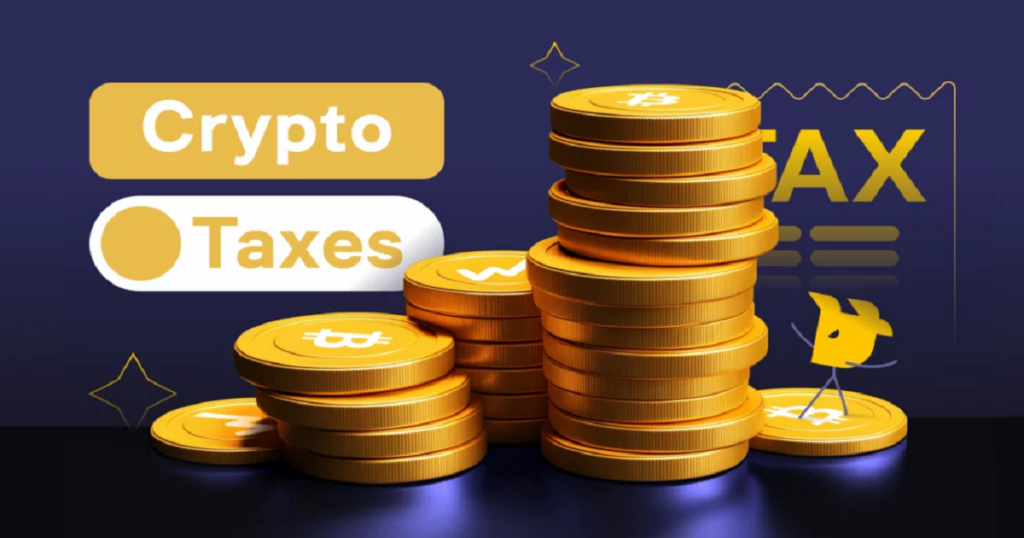Introduction Polymarket, a decentralized prediction market platform, has emerged as one of the most popular decentralized applications (dApps) for betting on future events, such as political elections, sports outcomes, or financial markets. By using cryptocurrencies to trade on predictions, users can profit from correctly forecasting the future. However, similar to other crypto-based activities, participation in […]
Introduction Crypto betting, the practice of placing bets or wagers using cryptocurrencies, has gained popularity as digital currencies continue to integrate into mainstream financial activities. While crypto betting offers users a decentralized, often anonymous platform to engage in gambling activities, it also brings along legal and tax responsibilities that must be understood by Canadian bettors. […]
Introduction: The world of cryptocurrency is ever-evolving, and as it continues to grow, so do the tax implications for Canadian crypto investors. One important question that often arises is whether taxes apply when swapping one cryptocurrency for another. In Canada, swapping crypto assets is considered a taxable event, and understanding the implications is crucial for […]
Introduction: The rise of cryptocurrencies and other digital assets has introduced new challenges for accountants, particularly when it comes to complying with accounting standards. In Canada, businesses must adhere to either the International Financial Reporting Standards (IFRS) or Accounting Standards for Private Enterprises (ASPE) when accounting for digital assets. This article explores how these frameworks […]
Introduction: Cryptocurrency has become a central player in the world of investments, offering new ways for Canadians to grow their wealth. But like any investment, understanding the tax implications of your cryptocurrency holdings is essential. In Canada, minimizing taxes on crypto transactions requires a solid understanding of the Canada Revenue Agency’s (CRA) rules on capital […]
Introduction As cryptocurrency transactions become more common in Canada, businesses and individuals need to understand their obligations related to Goods and Services Tax (GST) and Harmonized Sales Tax (HST). The Canada Revenue Agency (CRA) has provided guidelines on how GST/HST applies to cryptocurrency transactions, but there are still complexities to navigate. This article explores the […]
Introduction As decentralized finance (DeFi) grows in popularity, Canadian taxpayers involved in yield farming face increased scrutiny from the Canada Revenue Agency (CRA). Yield farming, which involves staking or lending cryptocurrency in exchange for rewards, is considered taxable income, and the CRA has ramped up its efforts to audit cryptocurrency activities. In this article, we […]
Introduction With the rise of decentralized finance (DeFi) platforms, Canadian investors engaged in yield farming are not only subject to income tax but also need to consider the Goods and Services Tax (GST) and Harmonized Sales Tax (HST). As yield farming involves providing liquidity or staking cryptocurrency in exchange for rewards, the CRA’s stance on […]
Introduction As cryptocurrency mining expands globally, many Canadian businesses and individuals are setting up foreign mining operations to take advantage of favorable conditions such as lower electricity costs or more lenient regulations. However, mining operations conducted outside of Canada have important tax implications for Canadian residents. Understanding how foreign mining activities are taxed in Canada […]
Introduction As cryptocurrency investments and activities like staking and mining become more popular, Canadians earning income from crypto rewards must plan their taxes carefully to minimize liabilities and stay compliant with CRA regulations. With proper tax planning strategies, individuals and businesses can optimize their reporting of cryptocurrency reward income and potentially reduce their overall tax […]











